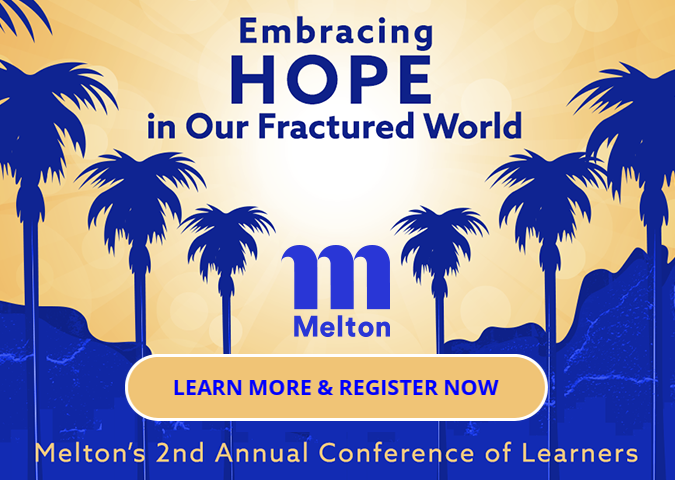Shavuot: Celebrating life's revelations and the potential for positive change
As parents, we typically approach our children with the confidence that we are the ones to teach them. We share our life experiences and the wisdom we've gained over many years. We pass along important values, teach life lessons and how to differentiate between right and wrong.
Without negating any of our responsibilities as their teachers, many of us also arrive at moments when we realize the tables have turned, and our children are opening our eyes to another way of thinking — they become the teachers. Of course, we don't have to be parents to experience this. A friend might help us see that one of our long-held beliefs is wrong or a well-researched book might lead us to rethink something that has clearly been disproven.
If we are curious and open, we have seemingly endless opportunities to experience revelation. This message is at the heart of the Jewish holiday of Shavuot, celebrated from sundown May 25 through the evening of May 27. On Shavuot, the Jewish community celebrates one of the greatest revelations in history, the giving of the Torah at Mount Sinai which was both a universal moment and a very personal one. While the bible provides some detail as to how the scene might have appeared, Rabbinic tradition acknowledges that each person had a different experience of this revelation. In Talmudic times the sages described God's voice as splitting into seventy different voices and seventy languages. They went on to say that the Israelites each heard the message according to their particular strength, meaning their ability to hear and understand. This points to how important the personalization of this message needed to be in order for it to have the intended impact.
Whether it is a lesson from our kids, a biblical or religious teaching, or the experience of interacting with another person, to experience revelation, we need to feel that we are receiving a new message that is speaking directly to us. It is only a revelation when we can recognize that this new piece of wisdom is personally important enough to transform our thinking and/or our behavior.
In a recent episode of Adam Grant's "Work Life" podcast, he interviews Tara Westover, the author of the bestselling book "Educated," which describes her incredible personal transformation from a child in rural Idaho whose family did not believe in academic education to a serious student who earned a PhD at Oxford University.
While her life story is fascinating, what I found most moving is her description of the personal revelation which changed the way she thought. While she does not use this word explicitly, she describes how she arrived at Oxford with certain ideas that she came to reject and now even recognizes them as offensive. She talks about a particularly influential conversation she had with a fellow student named Andrew and how this ultimately led to her seeing the need to change some of her core beliefs. She recounts that despite her not remembering his words, she remembers "hearing herself" in these conversations, "I could hear myself talk. I felt calm enough that I could hear my own self speaking and what I felt in those moments was I never want to say this again … I don't remember anything he said, not a single thing. What I remember is what I felt when I was speaking … I don't even like saying this. I never want to say this again."
Westover's message astutely recognizes that we must internalize learning for it to be truly revelatory and change us.
The holiday of Shavuot reminds us that revelation is always available to us. We need to carve out time in our lives, not just annually but at least weekly or ideally daily to prepare ourselves to experience revelation by learning something new, challenging ourselves and truly listening to others who have something to teach us including our children. Once we have set aside the time, we should approach this opportunity with a stance of curiosity, open-mindedness, and a willingness to change. We will recognize that we have truly experienced a revelation when we acknowledge that we want to think and act differently than before. It is at these moments that the very personal gift of revelation can change our life for the better.
This article was originally distributed through the USA TODAY Network.
When you subscribe to the blog, we will send you an e-mail when there are new updates on the site so you wouldn't miss them.


